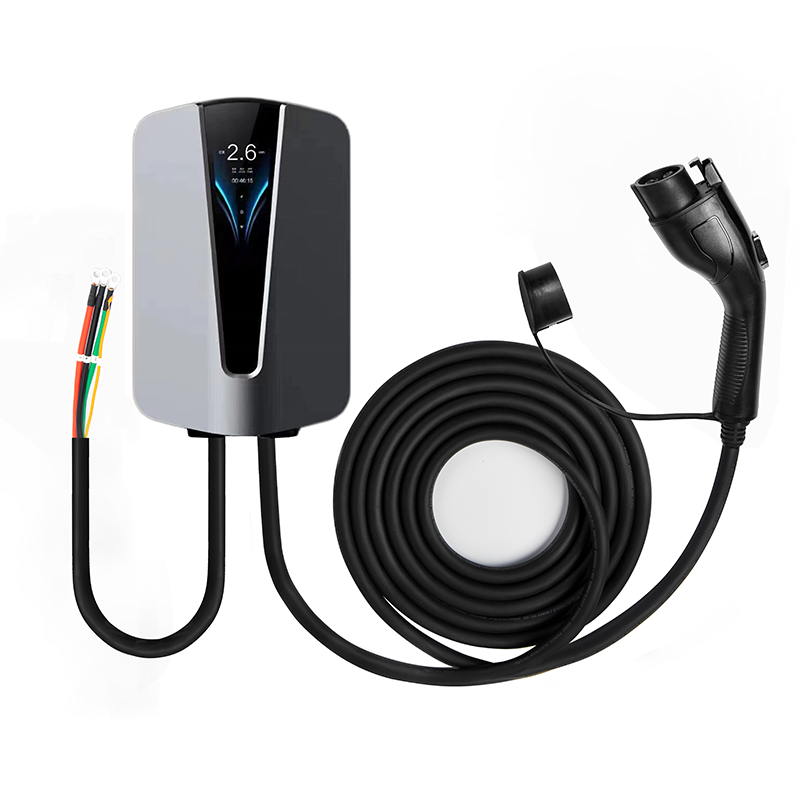The type 2 charger cable, commonly referred to as the Mennekes connector, is a widely used standard in the electric vehicle (EV) charging industry. Its versatility and robust design make it a popular choice for both private and public charging stations, particularly in Europe. Understanding the charging capabilities of the Type 2 charger cable is essential for EV owners looking to maximize their charging efficiency and ensure compatibility with various charging infrastructure.If you want to make a big difference in the market, ev charging cable It is necessary to intensify the upgrading of products on the original basis in order to meet the consumption needs of consumers. https://www.evyilade.com/
Single-Phase Charging
Type 2 charger cables support single-phase charging, which is suitable for residential and some public charging stations. Here are the key features:
Power Output: Single-phase charging typically delivers up to 7.4 kW of power. This is sufficient for overnight charging or when the vehicle is parked for extended periods.
Voltage and Current: The cable operates at a standard voltage of 230V and a current of up to 32A. This setup provides a steady and reliable charge for most electric vehicles.
Charging Time: Depending on the vehicle¨s battery capacity, single-phase charging can take several hours to fully charge an EV. For instance, a vehicle with a 40 kWh battery may take around 6-8 hours to charge from empty to full using a single-phase Type 2 charger.
Portable EV Charger EVSE Level 2 Type 2 Charger Cable for Electric Vehicle
Three-Phase Charging
For faster and more powerful charging, Type 2 cables also support three-phase charging, commonly found in commercial and high-capacity public charging stations.
Power Output: Three-phase charging can deliver up to 22 kW of power. This significantly reduces charging time, making it ideal for quick top-ups during short stops.
Voltage and Current: Operating at 400V and up to 32A, three-phase charging provides a more powerful and efficient charging experience.
Charging Time: With three-phase charging, an EV with a 40 kWh battery can be charged from empty to full in about 2-3 hours. This rapid charging capability is particularly beneficial for commercial fleets and drivers who need quick turnarounds.
High-Powered Charging
Some public charging stations are equipped with even higher power outputs, and the Type 2 cable can handle these higher capacities when paired with compatible EVs and charging infrastructure.
Ultra-Fast Charging: Certain high-powered public chargers can deliver up to 43 kW or more, drastically reducing charging times. However, this requires both the EV and the charging station to support such high power levels.
Future-Proofing: As EV technology advances, the Type 2 cable¨s ability to handle high power outputs ensures it remains a relevant and future-proof option for EV owners.